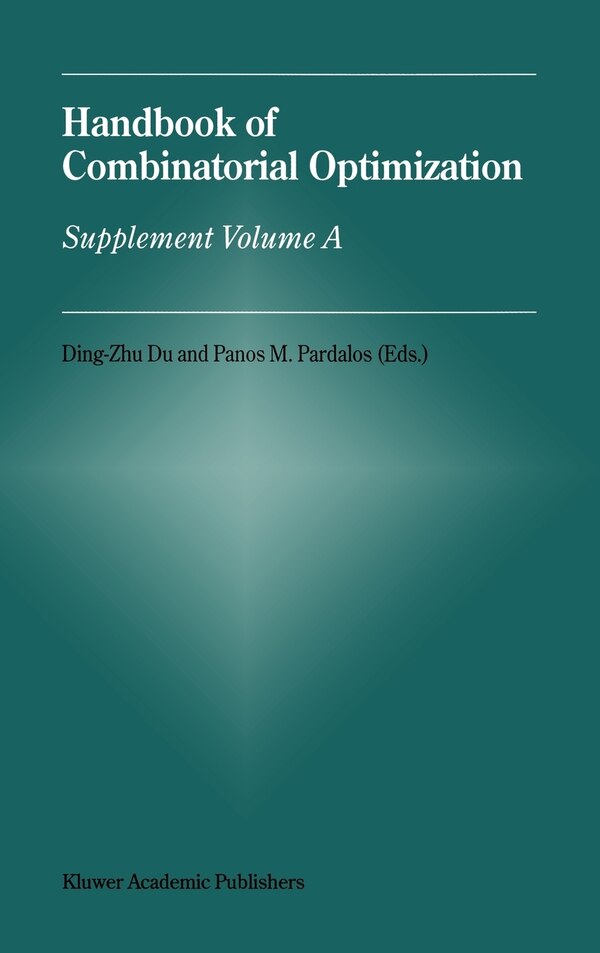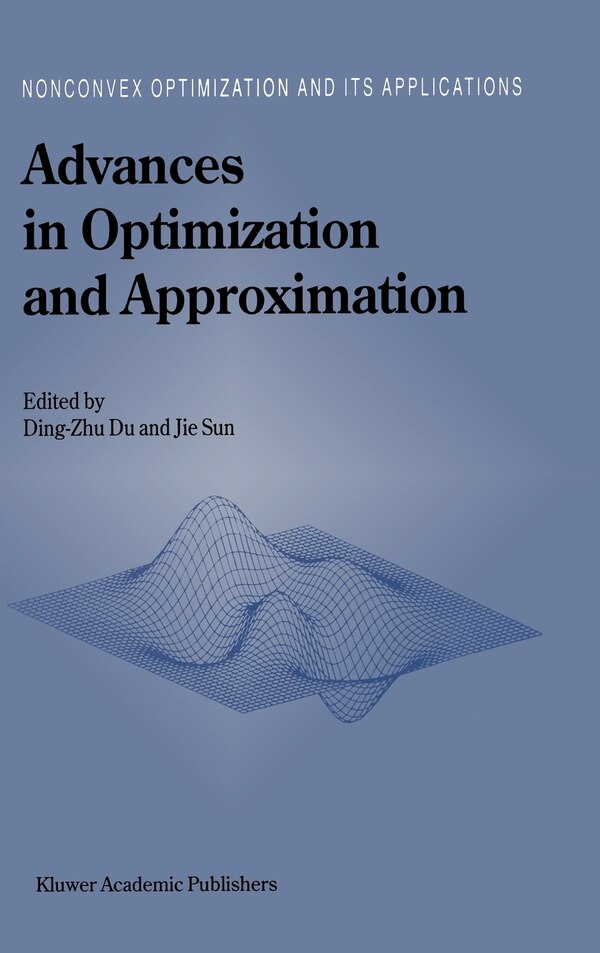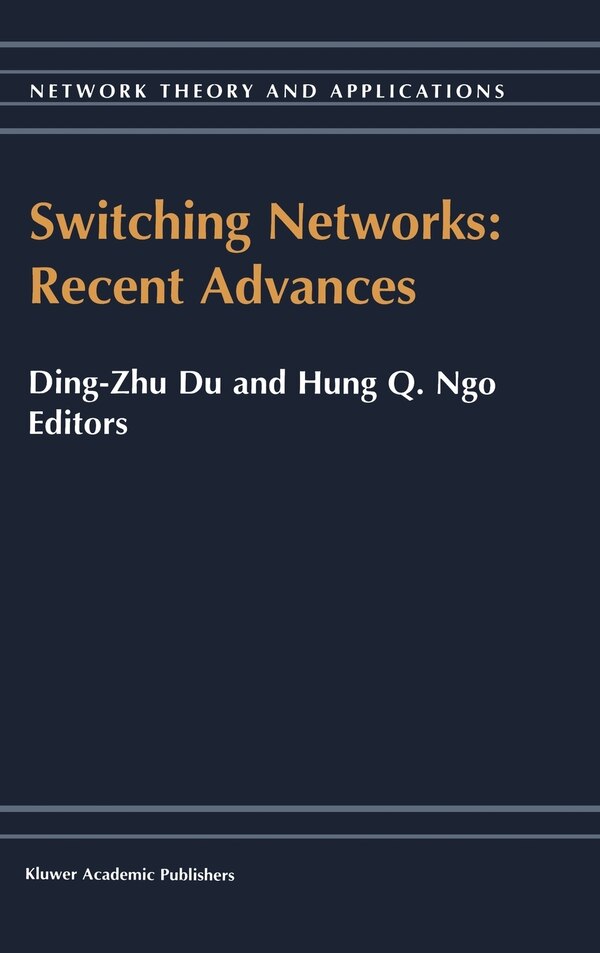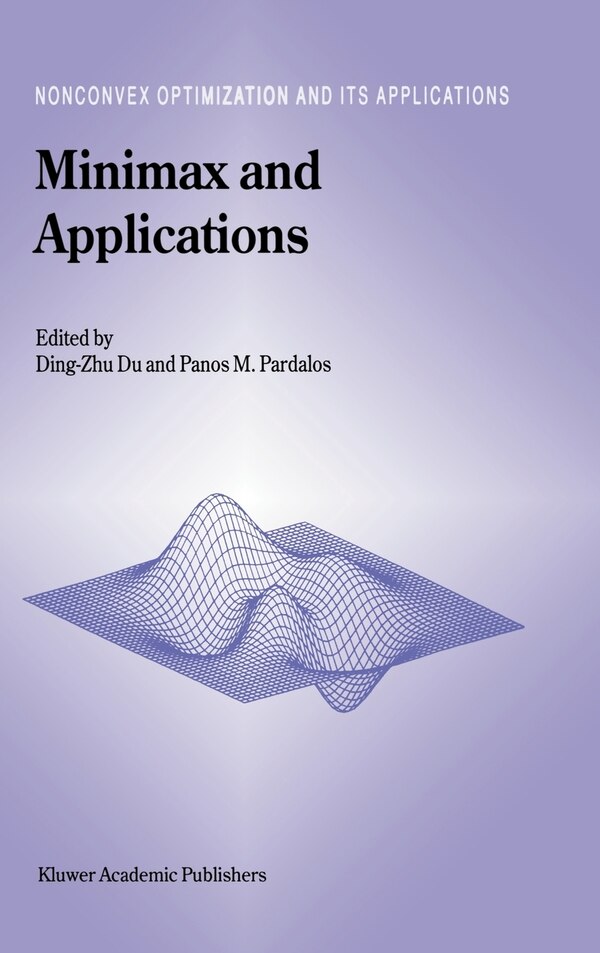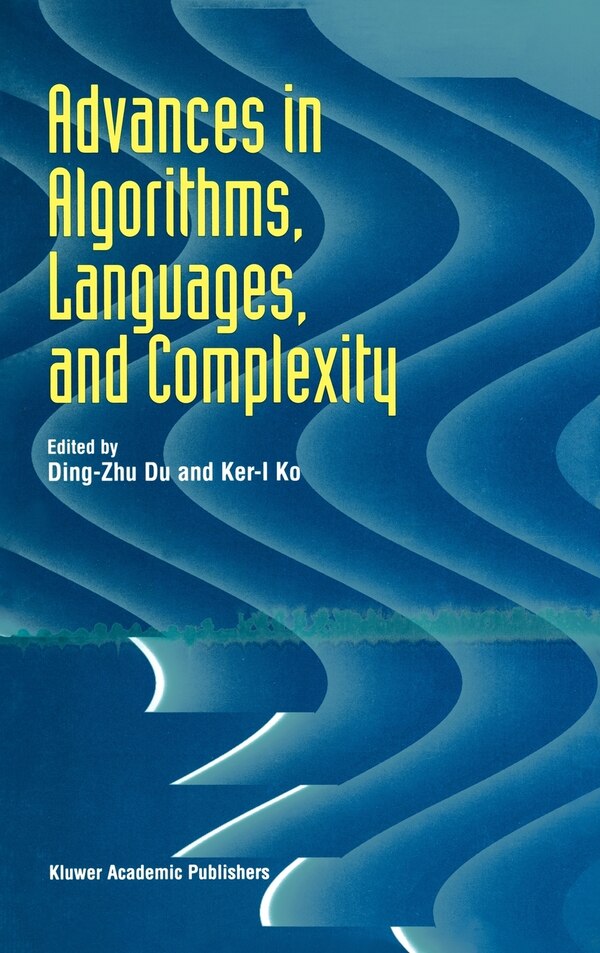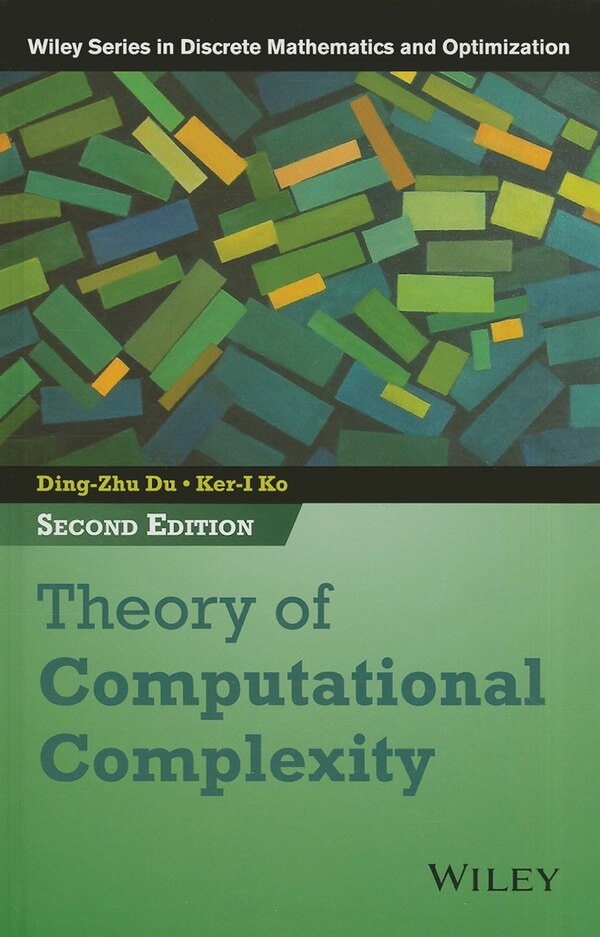Home
Handbook of Combinatorial Optimization by Ding-Zhu Du, Hardcover | Indigo Chapters
Loading Inventory...
Indigo
Handbook of Combinatorial Optimization by Ding-Zhu Du, Hardcover | Indigo Chapters
From Ding-Zhu Du
Current price: $248.50
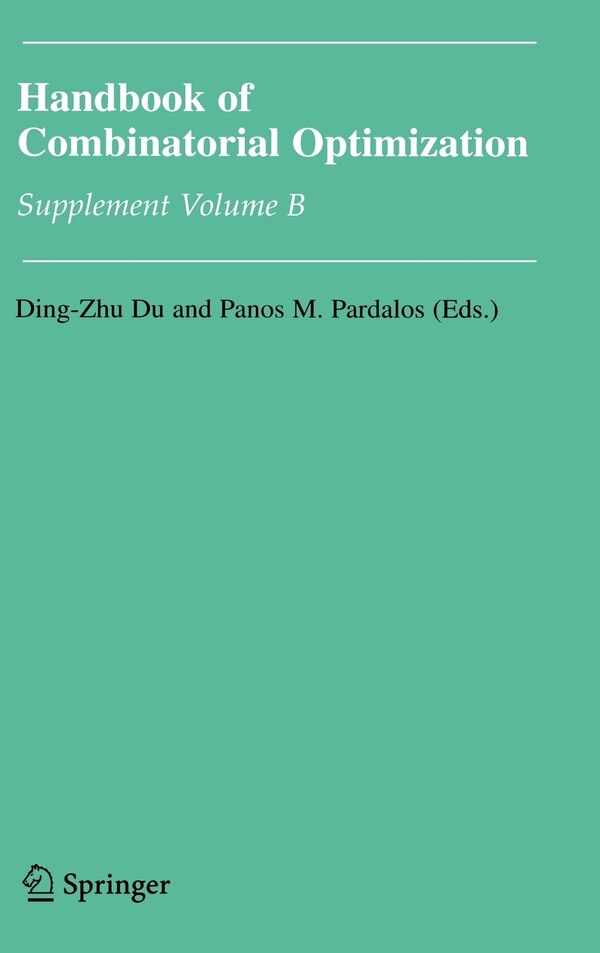

Indigo
Handbook of Combinatorial Optimization by Ding-Zhu Du, Hardcover | Indigo Chapters
From Ding-Zhu Du
Current price: $248.50
Loading Inventory...
Size: 1 x 9.25 x 3.62
*Product information may vary - to confirm product availability, pricing, shipping and return information please contact Indigo
Combinatorial (or discrete) optimization is one of the most active fields in the interface of operations research, computer science, and applied ma- ematics. Combinatorial optimization problems arise in various applications, including communications network design, VLSI design, machine vision, a- line crew scheduling, corporate planning, computer-aided design and m- ufacturing, database query design, cellular telephone frequency assignment, constraint directed reasoning, and computational biology. Furthermore, combinatorial optimization problems occur in many diverse areas such as linear and integer programming, graph theory, artificial intelligence, and number theory. All these problems, when formulated mathematically as the minimization or maximization of a certain function defined on some domain, have a commonality of discreteness. Historically, combinatorial optimization starts with linear programming. Linear programming has an entire range of important applications including production planning and distribution, personnel assignment, finance, allo- tion of economic resources, circuit simulation, and control systems. Leonid Kantorovich and Tjalling Koopmans received the Nobel Prize (1975) for their work on the optimal allocation of resources. Two important discov- ies, the ellipsoid method (1979) and interior point approaches (1984) both provide polynomial time algorithms for linear programming. These al- rithms have had a profound effect in combinatorial optimization. Many polynomial-time solvable combinatorial optimization problems are special cases of linear programming (e. g. matching and maximum flow). In ad- tion, linear programming relaxations are often the basis for many appro- mation algorithms for solving NP-hard problems (e. g. dual heuristics). | Handbook of Combinatorial Optimization by Ding-Zhu Du, Hardcover | Indigo Chapters

